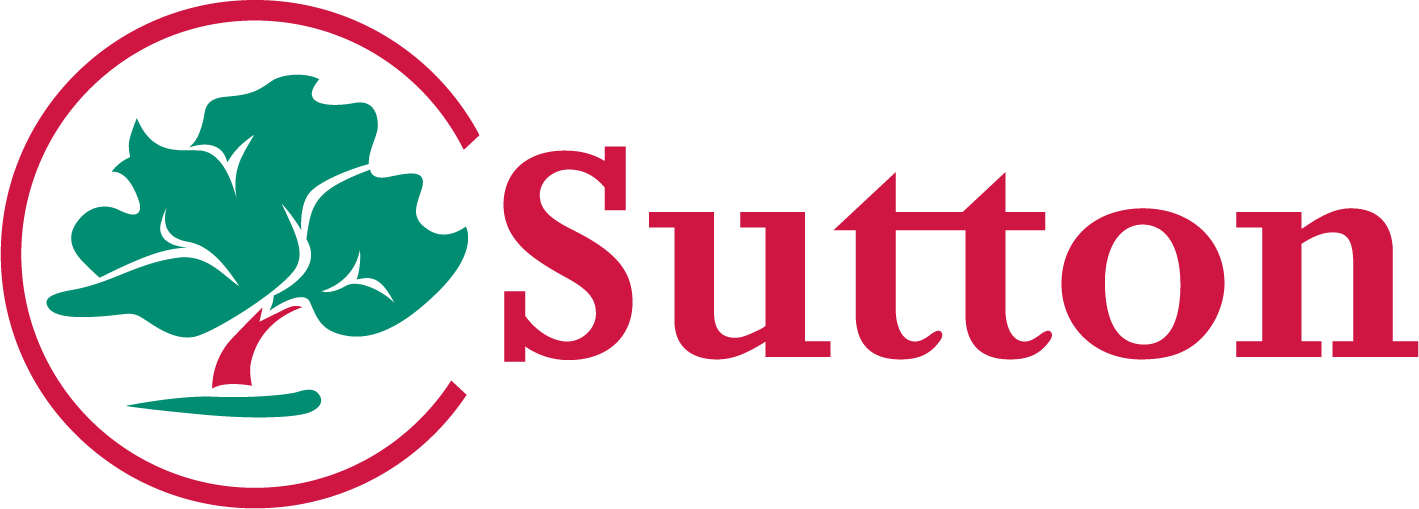Council Tax Reduction Scheme 2024
Overview
The Council has put forward some proposed changes it would like to make to the Council Tax Reduction Scheme and we want to know what you think about the changes.
What is the Council Tax Reduction Scheme?
The Council Tax Reduction Scheme helps residents on a low income pay their Council Tax. Through the scheme eligible residents pay only part of their council tax bill or in some cases no council tax at all.
Who will be impacted by the changes?
If you are of working age and currently receive help through the Council Tax Reduction Scheme you are likely to be directly affected.
The proposed changes will not impact pensioners of Sutton.
Who provides the funding for the scheme and how much does it cost?
The Council pays for the scheme.
The Council spends £13.9 million on its Council Tax Reduction Scheme. £9.2 million is spent on reductions for working-age households with the remainder for pensioner households.
Why is the Council making changes to the Council Tax Reduction Scheme?
The Council has not amended the Council Tax Reduction Scheme since 2017. In that time, the amount of funding local authorities receive from the government has significantly reduced. The Council has a gap in its budget of £17.5 million for 2025/26 and a further £13 million for 2026/27.
As a result the Council is having to make more savings in order to make sure we deliver a balanced budget. This includes looking at reducing the amount of money we spend on the Council Tax Reduction Scheme.
What would happen if the Council did not make any changes to the Council Tax Reduction Scheme?
If the Council does not make any changes to the Council Tax Reduction Scheme, the money would need to come from other council services.
Overview of the current Council Tax Reduction Scheme
Currently over 8,000 households in Sutton get a reduction in their council tax and over 3,000 Sutton households pay no council tax at all.
Key features of the current scheme include:
- The amount of council tax a household pays is reduced to zero if no one is employed in the household and a member of the household is a disabled person
- The maximum Council Tax Reduction awarded is currently based on a Band D house. Properties labelled as Band E to H receive support equivalent to that of a Band D house
- The amount a household pays in council tax is reduced based on the income of the household - see table below
|
Weekly income |
How much less council tax to pay |
|
no one employed |
100% |
|
Less than or equal to £188.99 |
80% |
|
£189.00 to £238.99 |
70% |
|
£239.00 to £288.99 |
60% |
|
£289.00 to £338.99 |
50% |
|
£339.00 to £388.99 |
40% |
|
£389.00 to £438.99 |
30% |
|
£439.00 to £488.99 |
20% |
|
£489.00 and over |
0 |
Changing the Council Tax Reduction Scheme
The Council is looking for residents' views on the proposed changes the Council is thinking of making to the Council Tax Reduction Scheme.
The proposals will change the amount residents on low incomes have to pay towards their council tax.
If the changes are agreed, they would be implemented from April 2025. The changes to the scheme would save the Council approximately £750,000 per year.
The key changes are:
- The maximum Council Tax Reduction awarded would be based on a Band C house rather than a Band D house. It means that some people who live in a Band D house or above would pay more council tax
- A larger proportion of the income of non-dependants who live in a household will be taken into consideration when assessing the amount of Council Tax Reduction award that household receives
- To remove the 100% reduction in council tax change for households out of work and introduce a minimum 5% council tax charge for all households.
- Based on the income of the household the amount of Council Tax Reduction awarded will reduce by 10%
For an easy read version of this consultation, please click on the "Easy read" link or pick up a printed copy at our Civic Reception.
Give us your views
Areas
- All Areas
Audiences
- All residents
Interests
- Children and young people
- Faith, Religion and Belief
- Gender issues
- Older people's issues
- Race issues
- Sexual orientation
- Well-being
- Central government
- Communication
- Council jobs
- Democracy and participation
- Resident satisfaction
- Spending
- Childrens centres
- Early years
- Education
- Environment
- Planning
- Regeneration
- Traffic and transportation
- Carers support
- Disability
- General health
- Health services and facilities
- Mental health
- Sexual health
- Social services and social care
- Homeless
- Housing
- Arts and culture
- Libraries
- Sport and leisure
- Business
- Consumer services
- Crime and community safety
- Environmental health
- Fire and emergency planning
- Technology

Share
Share on Twitter Share on Facebook